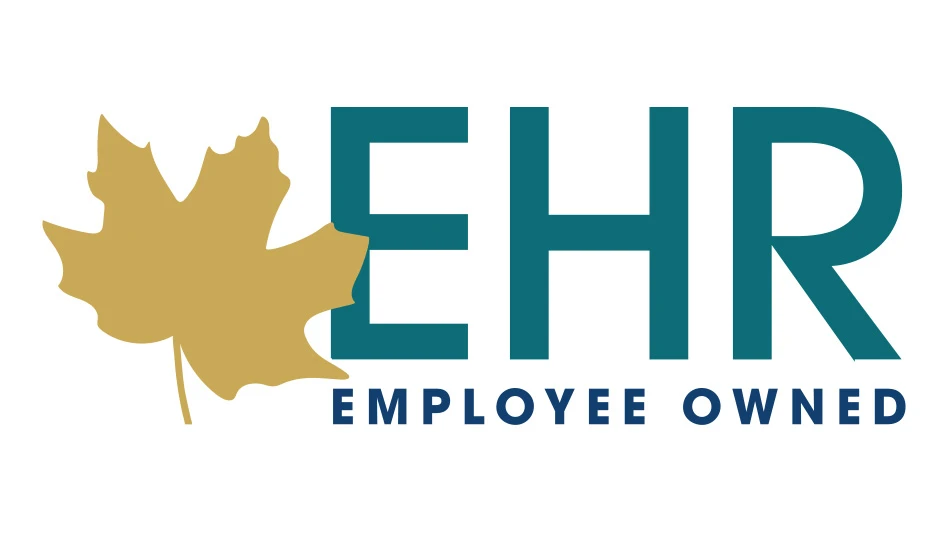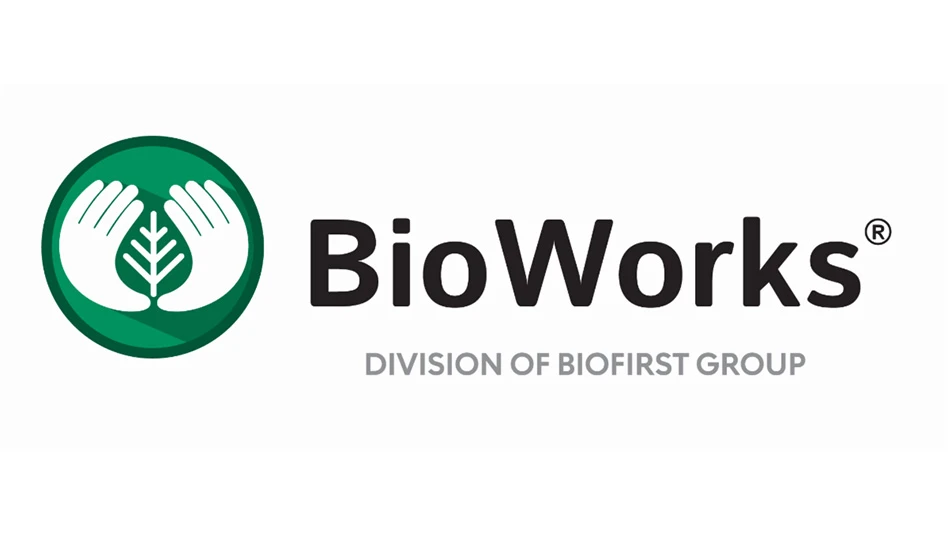|
For many small-business owners, the Great Recession is over. For others, they are not quite ready to party like its 2005. But the dramatic sea change that has happened in this country over the past five years has forced companies to shift their business strategy forever. What worked years ago is no longer effective. Here is what your business needs to do not only to survive, but thrive, in today’s economy:
1. Stop selling your products or services. Instead, start educating consumers as an expert. Most consumers can find any product they want to buy over the Internet, but they have a greater tendency to buy from companies they know, like and trust. By setting up a systematic marketing plan that builds relationships with prospects, your company can always be there when consumers are ready to buy. This involves keeping in touch with them and giving them something of value that showcases your company as an expert. This is not about pushing your product or service on consumers – it’s about highlighting that you are an expert in a given area.
2. Think local. Consumers can get their products and services anywhere, but most would rather buy local than at the end of a 5,000-mile supply change. Give consumers a reason to feel good about buying and supporting the local economy. Stress local connections to the community, your family story and how long you have been in business. Given a choice, consumers will buy close to home. Most service searches are done with a zip code or city. Claim your listing on Google Places and Yahoo! Local so your business can be found when the customer is looking. If you can’t be found, you will never get chosen.
3. Go mobile. By 2014, searches from mobile devices will be greater than those done from desktops. This means that if your company does not have a website that is specifically built for mobile, now is the time to get one. Many desktop websites are difficult to navigate on a smartphone, or they use software that will not work on iPhones and iPads. Put your website address into your phone and see what your customers get.
4. Watch your cash flow. Easy credit for businesses may never appear again. Instead, look for ways to increase your cash flow inside your own business by reviewing your cash flow statement each month. Do you have more or less cash at the end of the month? Pay special attention to items that use cash flow like the aging of receivables, payables and the level of inventory.
5. Pay for the best people. While unemployment is still high, great employees always have jobs. To attract and retain the very best, pay more than your competitors. The hard work and loyalty of your top employees will more than generate a return that will cover the additional expense.
6. Monitor your reputation. People are talking about your business right now. Information on Google is searchable forever. Consumers pay more attention to earned media like online peer reviews when deciding on a purchase. Pay attention to comments and reviews customers make about your company online. Check sites like Yelp and Facebook frequently. Respond sincerely to both the positive and the negative comments. This will build a community of supporters who want to talk about their outstanding experience with your company. These people will be the most effective tool any company can have for attracting new customers.
Barry Moltz has founded companies with a great deal of success and failure for more than 20 years and is the author of four small business books. He is also a contributing journalist to American Express Open Forum and Forbes. He hosts a weekly radio show for small business owners. www.barrymoltz.com
|







